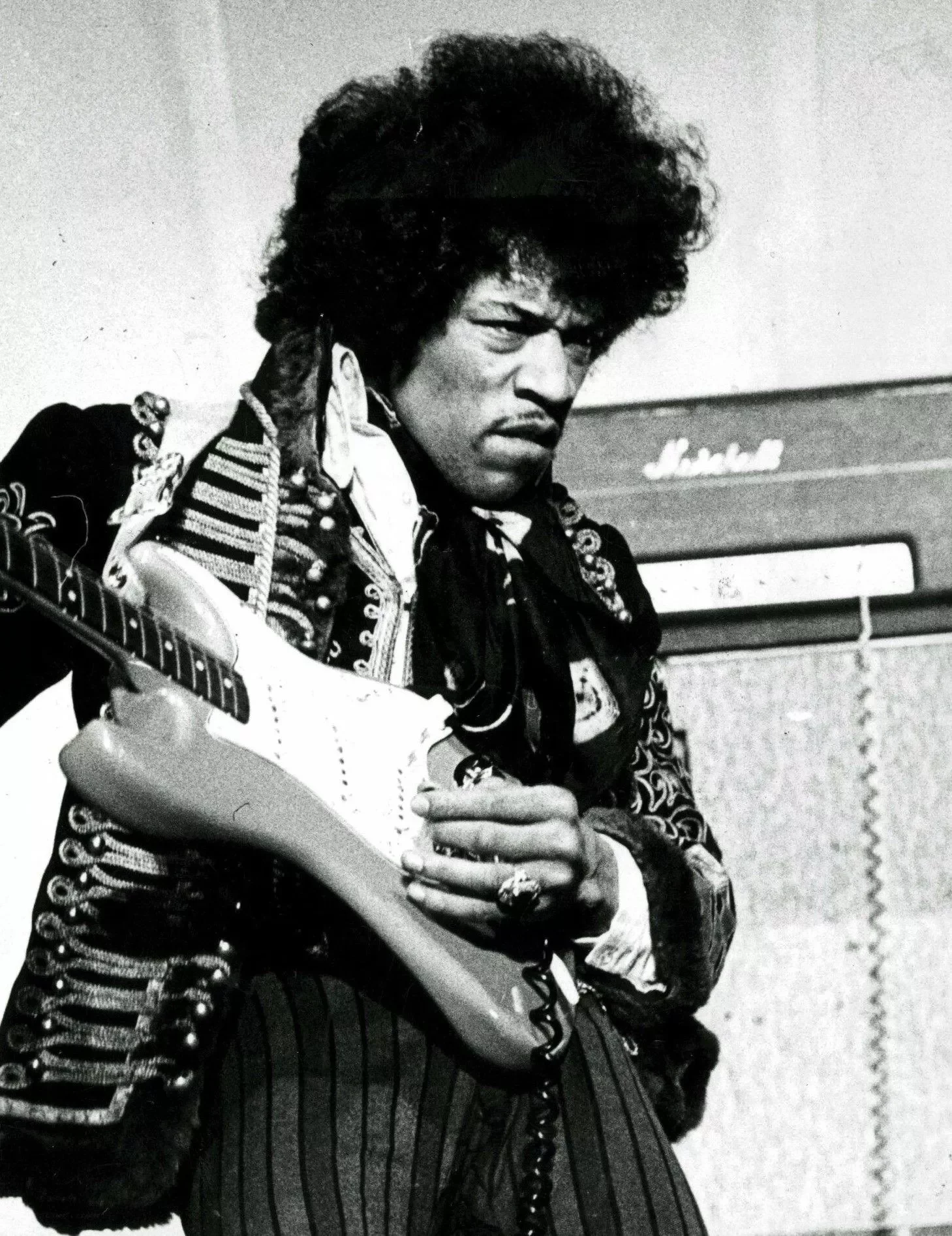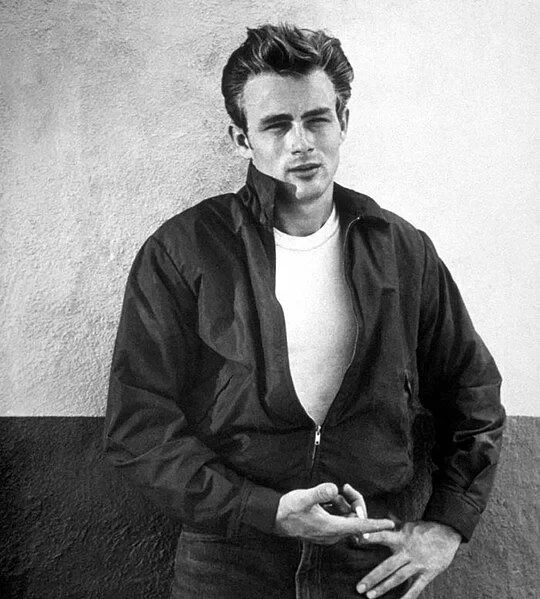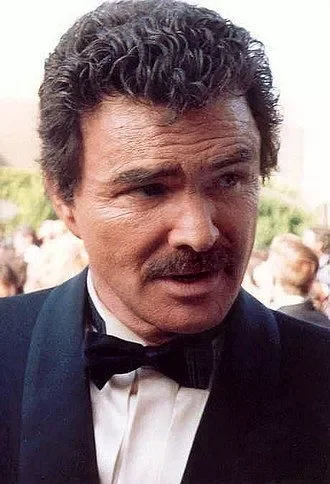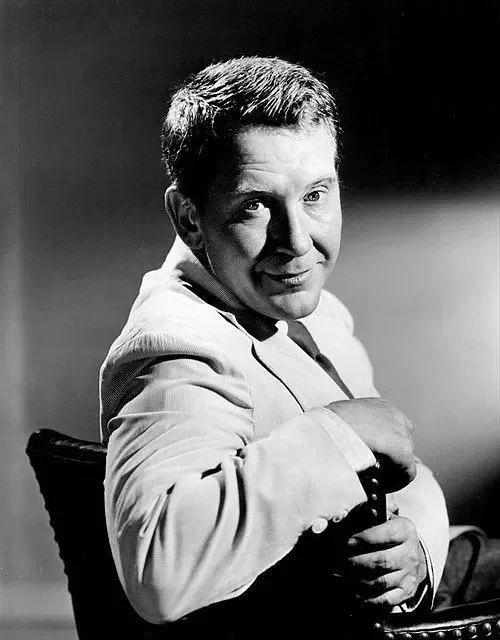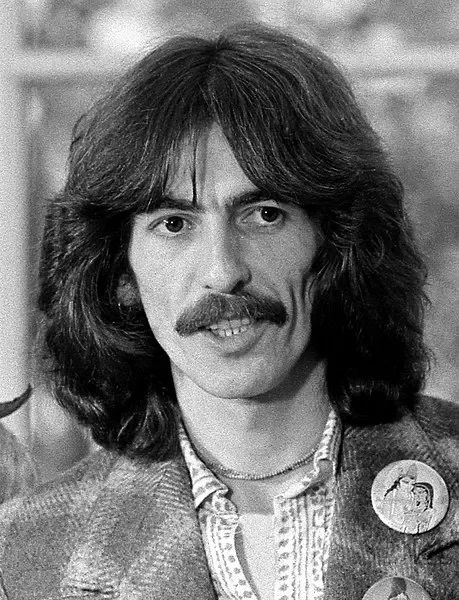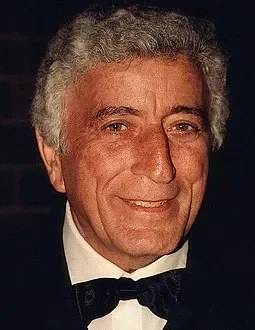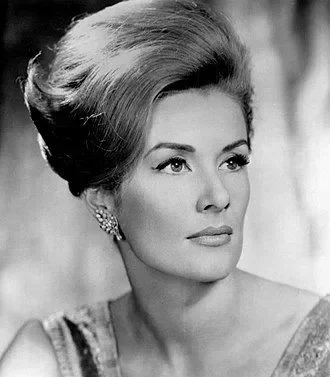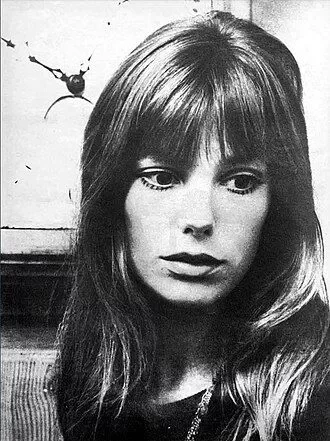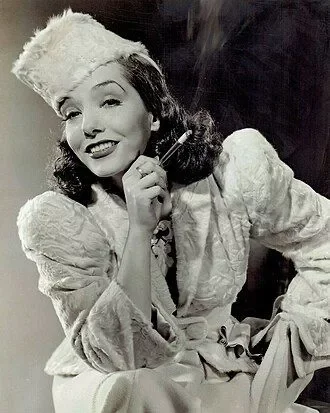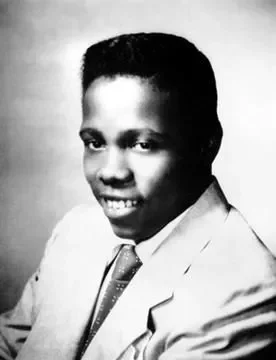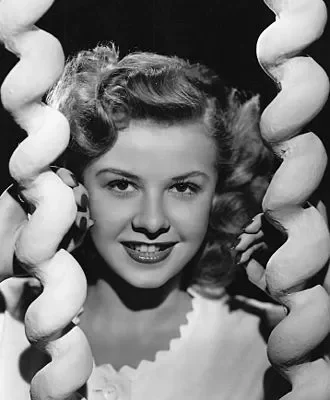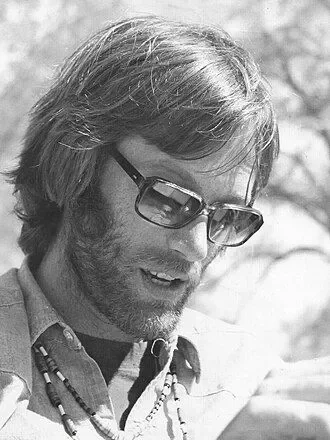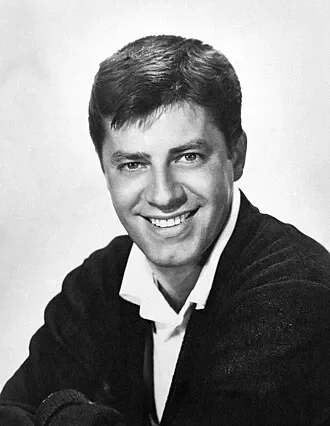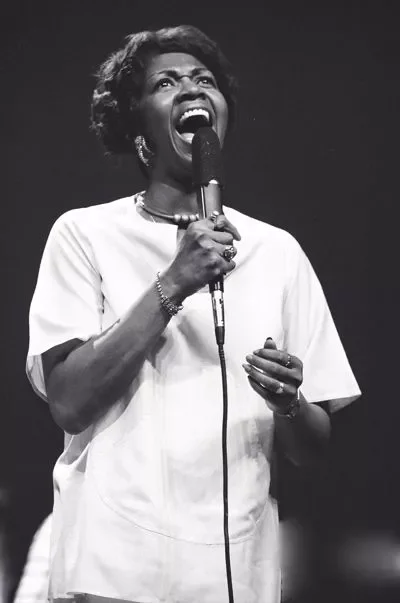Real Celebrities Never Die!
OR
Search For Past Celebrities Whose Birthday You Share

source:encrypted-tbn1.gstatic.com
Bing Crosby
Birthday:
03 May, 1903
Date of Death:
14 Oct, 1977
Cause of death:
Heart attack
Nationality:
American
Famous As:
Actor
Age at the time of death:
74
Bing Crosby's Quote's
Early Life and Family Background
Bing Crosby, born Harry Lillis Crosby on May 3, 1903, in Tacoma, Washington, United States, was an American singer, actor, television producer, and businessman. He later became an iconic figure in the music industry. He was the fourth of seven children born to Harry Lowe Crosby Sr. and Catherine Helen Crosby. His mother was a second-generation Irish-American, and his father was of Scottish-English descent.
Passion for Music and Early Career
Crosby’s love for music started at a young age, and he had a natural talent for singing. He took a summer job as a property boy at Spokane’s Auditorium. He joined a band during his high school years and performed in Spokane and Washington. After graduation, he studied at Gonzaga University in Spokane for a short time but dropped out to pursue a career in music.
Move to California and Formation of “The Rhythm Boys”
Crosby moved to California, aspiring to find more opportunities in the entertainment industry. Later, he joined a trio called “The Rhythm Boys.” In 1931, Crosby began his journey as a solo artist and signed a contract with Brunswick Records.
Breakthrough with “White Christmas” and Musical Achievements
His most popular song, “White Christmas”, released in 1942, became one of the best-selling singles of all time. Crosby had 41 number-one hits on the Billboard charts, including “Swinging on a Star,” “Pennies from Heaven,” and “Don’t Fence Me In.” Other best-selling songs by Crosby include “Out of Nowhere,” “Just One More Chance,” “At Your Command,” and “I Found a Million Dollar Baby (in a Five and Ten Cent Store).”
Crosby received several Grammy Awards, including Best Male Vocal Performance for the album “Bing Sings Whilst Bregman Swings” and Best Vocal Performance, Male, for albums like “I Left My Heart in San Francisco,” “Bing Crosby’s Christmas Classics,” and “Robin and the 7 Hoods.”
Film Career and Hollywood Success
Apart from his music career, Crosby appeared in over 70 films, displaying his talent as an actor. He won the Academy Award for Best Actor for his role in the 1944 film “Going My Way.” His other notable films include “Holiday Inn” (1942), which introduced the song “White Christmas,” “The Bells of St. Mary’s” (1945), and “White Christmas” (1954). Crosby also received four Academy Award nominations and won Best Actor. He earned a star on the Hollywood Walk of Fame for his contributions to the film industry.
Radio Success and Cultural Influence
Crosby’s success in radio began in the 1930s when he hosted several popular radio programs, including “The Kraft Music Hall” and “The Bing Crosby Show.” Bing Crosby’s talent, versatility, and impact on music, film, radio, and television influenced audiences around the globe.
Final Years and Legacy
Crosby died from a heart attack on October 14, 1977, in Madrid, Spain, at the age of 74. He had traveled to Spain for a golf game and to take part in a bullfighting event. Tragically, he collapsed from a heart attack while returning to his hotel after the golf tournament.
Burial and Memorial
On October 18, 1977, following a private funeral at St. Paul’s Catholic Church in Westwood, Crosby was buried at Holy Cross Cemetery in Culver City, California. His contributions to music, film, and entertainment continue to be celebrated worldwide.
Name:
Bing Crosby
Popular Name:
Bing Crosby
Gender:
Male
Cause of Death:
Heart attack
Spouse:
Place of Birth:
Tacoma, Washington, U.S.
Place of Death:
Alcobendas, Spain
Occupation / Profession:
Personality Type
Logician: Innovative inventors with an unquenchable thirst for knowledge. Although he pursued a career in singing, he had an unquenchable thirst for knowledge.
Bing Crosby got his name from a comic strip.
Bing Crosby recorded his final album weeks before his death.
"Peace on Earth," Bing Crosby's Christmas duet with David Bowie, almost fell apart at the last minute.
1944 New York Film Critics Circle Awards Best Actor
1944 Photoplay Awards Most Popular Male Star
1945 Academy Awards Best Actor in a Leading Role
1960 Golden Globe Awards Golden Globe Cecil B. DeMille Award
1963 Grammy Lifetime Achievement Award
1970 Peabody Awards Personal Award
1971 1971 World Series

